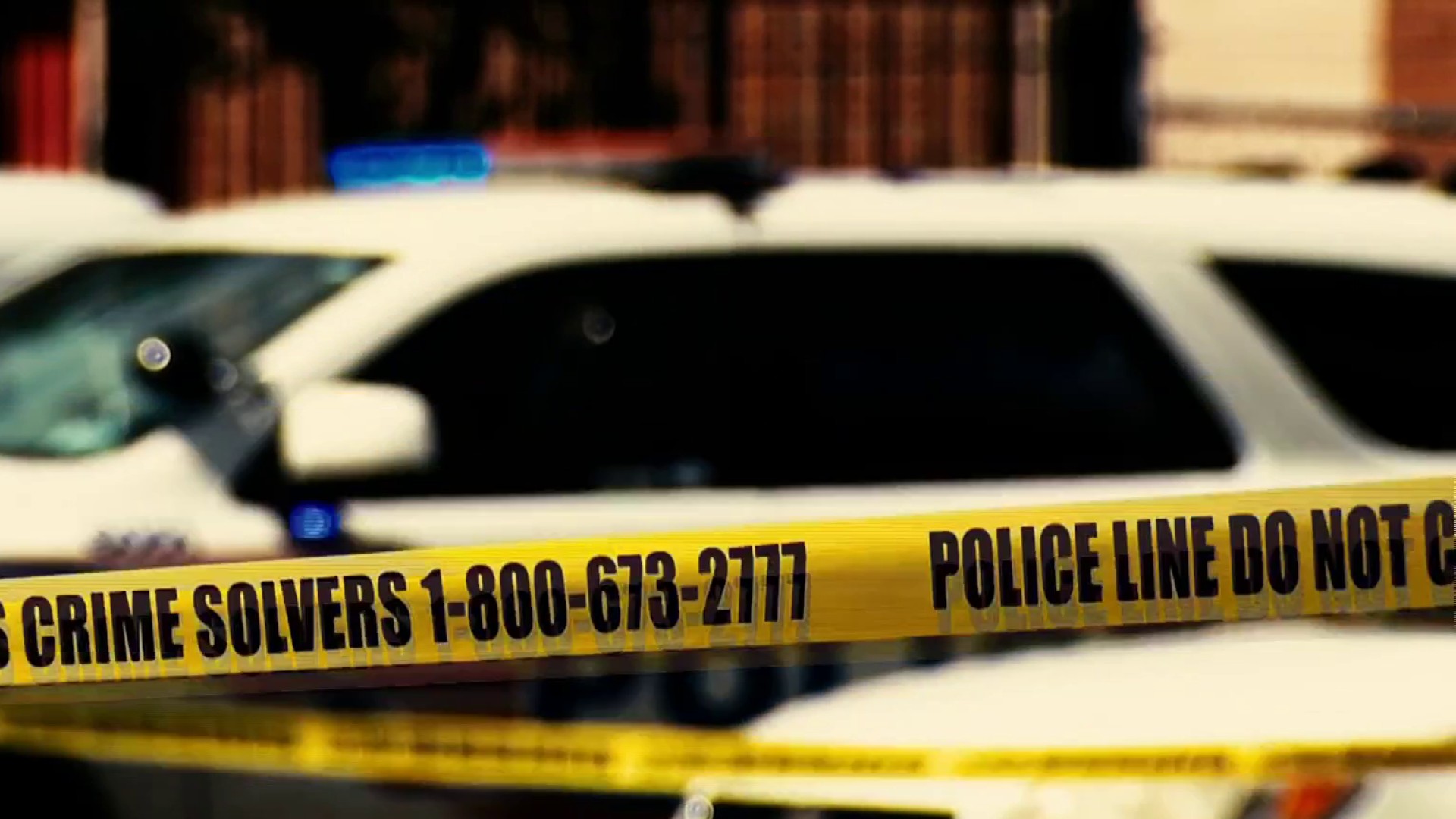A charity operated inside the Culpeper County Sheriff’s Office is potentially violating federal tax rules by helping support the sheriff’s re-election campaign, according to a two-year investigation by the News4 I-Team.
The sheriff’s office is also drawing scrutiny from citizens and a taxpayer watchdog group for using county jail inmates to work at the home of the sheriff’s brother to support one of the charity’s fundraisers.
Operators of the Culpeper County Sheriff’s Office Charitable Fund say the organization raises money for underprivileged children at Christmas. An I-Team review of the charity has raised questions about whether the fund’s annual Halloween event also personally benefited the sheriff.
The charitable fund was created in the early 2000s by a prior sheriff in Culpeper County, a growing exurb 70 miles southwest of Washington, D.C. Scott Jenkins, the eight-year incumbent sheriff who was re-elected to a third term in November, continued the fund upon taking office. The fund’s major fundraiser is the “Deadwood Trail Haunted Forest” staged on the sheriff’s brother’s property in Sperryville in October and early November.
The event draws approximately 500 patrons each night for four or five nights in the autumn, according to Culpeper County Sheriff’s Capt. Bernard Feaganes. The fundraiser, which charges $10 a ticket, generates thousands of dollars to help pay for presents and activities for county children at Christmas, Feaganes said.
The I-Team investigation of the event found the sheriff’s office permitted the use of jail inmates to work on the sheriff’s brother’s property to help prepare the 2018 charity event. The I-Team recorded video of inmates being loaded into a white truck outside the county jail and brought to the “Deadwood Trail” site two weeks before the event opened. The video shows inmates alongside work crews during set-up and landscaping chores at the property, according to deputies who spoke with the I-Team under the condition of anonymity.
Virginia law prohibits sheriffs from using inmates to work on personal or family properties. When asked if the use of inmate labor on the sheriff’s brother’s farm was appropriate, Feaganes said, “Our inmate workforce is used throughout the county for various things.” He declined further comment on the issue, deferring to Jenkins, who initially agreed to an on-camera interview with the I-Team, but then canceled. Feaganes did the interview instead.
A separate state law allows for the use of inmates on private property utilized by federally recognized charities, if a county court issues an order allowing it. The Culpeper County Sheriff’s Office declined requests for copies or comment about any such court orders. A county court official told the I-Team the sheriff’s office would have received certified copies of any such orders.
Investigations
Investigations by the News4 I-Team
“It doesn’t seem right; it doesn’t,” said Rebecca Frazier-Grant, a lifelong resident of Culpeper County.
“If you’re going to do something like that, do it in the community. Not on your personal farm,” said Denise Waters, who has lived in the county for a generation. “I understand an inmate did a crime and is giving back to the community. That is fine. But to do it on your farm? No.”
The I-Team review also found a possible violation of IRS rules in the staging of the 2019 “Deadwood Trail.” IRS tax filings obtained by the I-Team show the charitable fund is a formally registered 501 (c-3) organization. Although IRS rules “absolutely prohibit” 501 (c-3) charities from participating in, or intervening in, any political campaigns, the “Deadwood Trail” event featured political campaign signs, supporting the re-election of Jenkins and other political candidates.
“The sheriff might be using this non-profit, this 501 (c-3) to get re-elected,” said David Williams, president of the Taxpayers Protection Alliance. “There should be a firewall between 501 (c-3)’s and elections. The IRS has specifically said a 501 (c-3) cannot be involved in elections.”
The IRS declined to answer questions about the operations of a specific charity but confirmed its ban on political campaign involvement by 501 (c-3) charities.
Feaganes, who is a director of the Culpeper County Sheriff’s Charitable Fund, said the posting of campaign signs was appropriate because the campaigns helped sponsor the “Deadwood Trail” event. Feaganes would not comment on possible violations of IRS rules but said there is “tremendous community support” for the event.
“In my recollection there were only four different campaign signs on the property at the event," Feaganes said. "Those folks were sponsors of the event, just like Chrysler of Culpeper and the people who haul the gravel.”
Roger Hoffman, who operates a barbershop near Culpeper County courthouse, said the charity’s decision to allow campaign signs is inappropriate.
“That’s definitely a concern," he said. "They should not do that, especially this time of year. If (the event) is for charity, it should be for charity.”
Reported by Scott MacFarlane, produced by Rick Yarborough, shot by Steve Jones and Jeff Piper, and edited by Jeff Piper.



